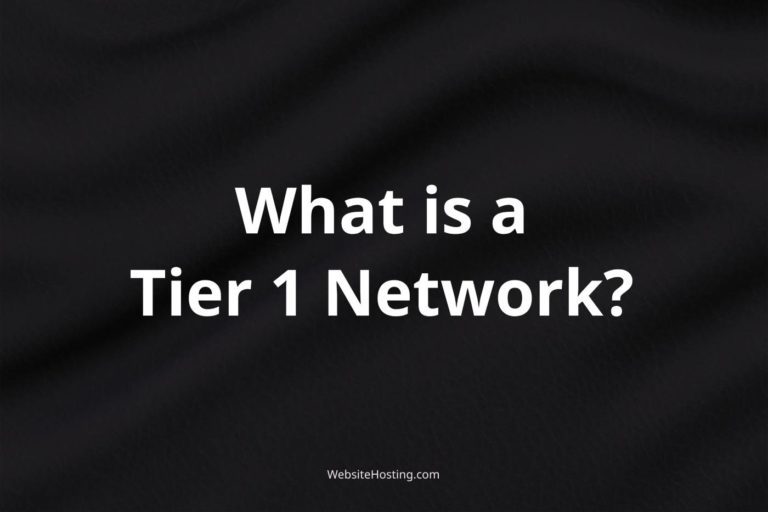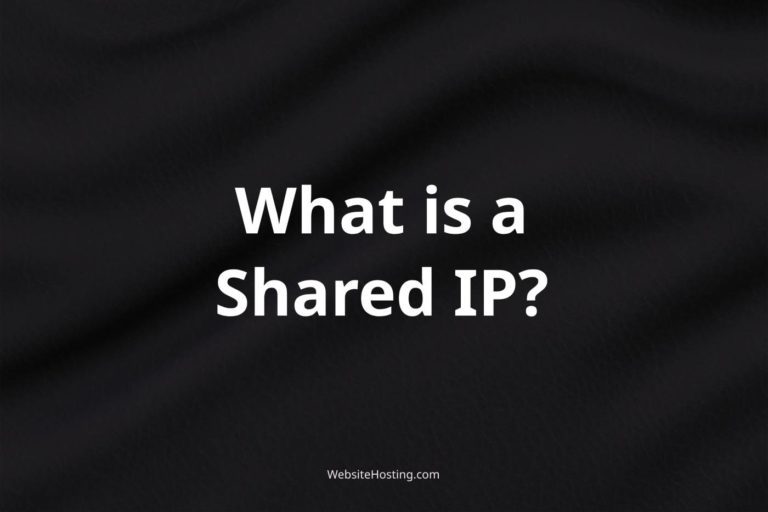An ISP is a company that provides access to the Internet through a network infrastructure that allows users to communicate with other devices and access web content. ISPs assign IP addresses, provide DNS services, and offer security measures to keep devices and networks safe. ISPs have been offering services since the early 1990s, and many different companies provide ISP services, with a range of options available in most areas.
ISPs are responsible for maintaining the physical infrastructure that enables users to connect to the internet. This infrastructure includes servers, routers, and other networking equipment, as well as the cabling and other hardware necessary to connect homes and businesses to the internet. ISPs may also provide additional services, such as email hosting, domain registration, and website hosting.
What is an ISP and what does it do?
An Internet Service Provider (ISP) is a company that provides access to the Internet for individuals, businesses, and other organizations. An ISP provides a variety of services including internet connectivity, email services, and web hosting. The ISP typically provides a connection to the Internet via wired or wireless technologies such as fiber optic, cable, DSL, or satellite. The ISP is responsible for managing and maintaining the network infrastructure that provides access to the Internet.
How does an ISP work?
An ISP provides access to the Internet through a network infrastructure that consists of routers, switches, servers, and other network equipment. When a user connects to the ISP’s network, the ISP assigns an IP address to the user’s device. This IP address identifies the user’s device on the Internet and allows the user to communicate with other devices and access web content. The ISP also provides DNS services, which translate domain names into IP addresses, allowing users to access websites using easy-to-remember names instead of numerical IP addresses.
Why do I need an ISP?
Without an ISP, you would not be able to connect to the Internet. An ISP provides the connection between your device and the Internet, allowing you to access websites, email, social media, and other online services. Additionally, an ISP provides security measures such as firewalls and virus protection to keep your device and network safe from cyber threats.
Who provides ISP services?
There are many different companies that provide ISP services, ranging from large national corporations to smaller local providers. Some of the largest ISPs include AT&T, Comcast, Verizon, and Spectrum, while smaller providers may offer services in specific regions or communities.
When did ISPs first become available?
The first ISPs began offering dial-up internet services to consumers in the early 1990s. These services used telephone lines to provide connectivity to the Internet. As technology has advanced, ISPs have adopted new technologies such as broadband, fiber-optic, and wireless networks to provide faster and more reliable connectivity.
Where can I find an ISP?
ISP services are widely available in most areas, with many providers offering online tools to help you search for available services in your area. You can also check with local telecommunications providers and cable companies to see if they offer ISP services.
FAQ:
What is the fastest internet speed I can get from an ISP?
Answer: The fastest internet speed you can get from an ISP depends on the type of service they offer and the infrastructure available in your area. Some ISPs offer gigabit internet, which can provide speeds of up to 1,000 megabits per second (Mbps).
Can I get internet service without a phone line?
Answer: Yes, many ISPs offer internet service without requiring a phone line. This is typically done through cable or fiber-optic internet services.
What is the difference between cable and DSL internet?
Answer: Cable internet uses coaxial cables to transmit data, while DSL uses phone lines. Cable internet typically offers faster speeds, while DSL may be more widely available in rural areas.
Can I switch ISPs if I am unhappy with my current provider?
Answer: Yes, you can switch ISPs if you are unhappy with your current provider. However, you may be subject to early termination fees or other charges.
How do I choose the right ISP for my needs?
Answer: When choosing an ISP, consider factors such as internet speed, reliability, cost, and customer service. You may also want to check reviews and ratings from other customers in your area.
Related terms:
- Broadband
- Cable internet
- DSL
- Fiber-optic internet
- Satellite internet
- Modem
- Router
- Bandwidth
- Latency
- Ping
Notable brands:
- Comcast Xfinity
- AT&T
- Verizon Fios
- Spectrum
- Google Fiber




